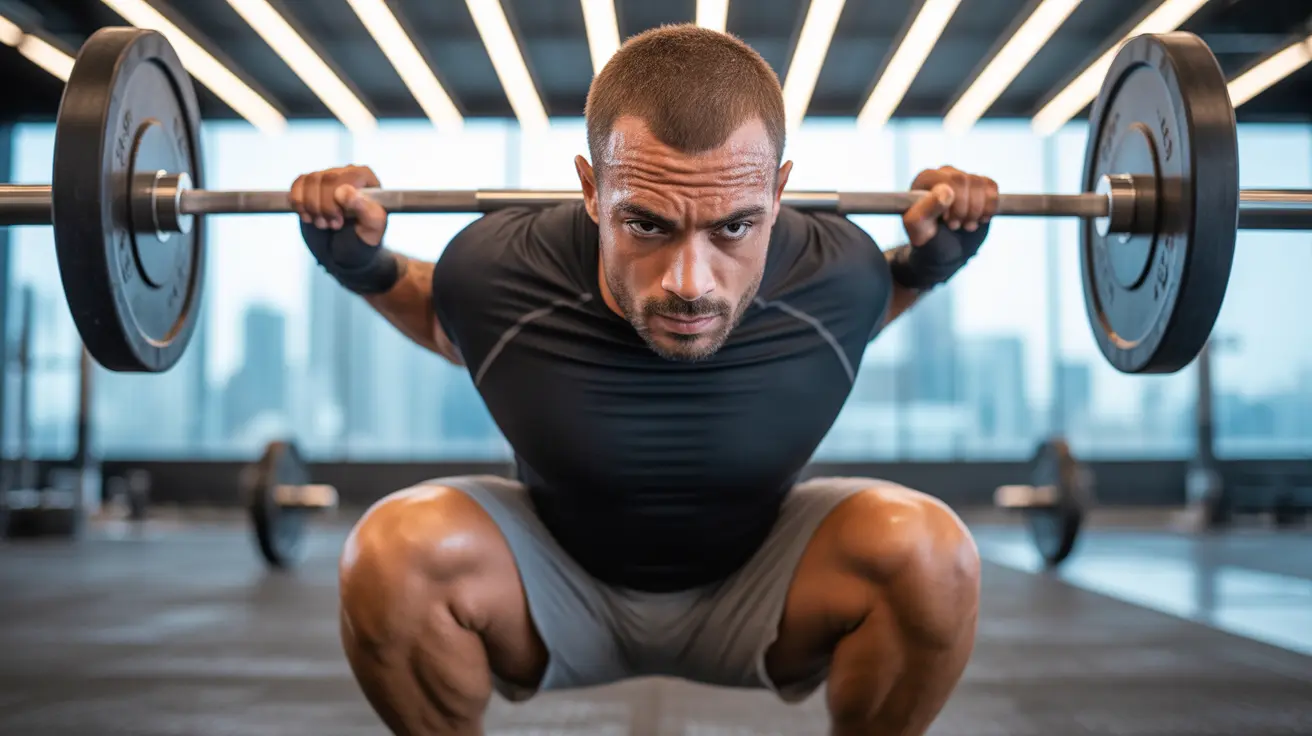Many people associate heavy sweating during exercise with increased calorie burn and weight loss. While there's a connection between physical activity, sweating, and burning calories, the relationship isn't as straightforward as you might think. Understanding how sweating relates to calorie burn can help you make more informed decisions about your fitness and weight loss journey.
Let's explore the science behind sweating, its relationship with calorie burning, and what this means for your weight loss goals. We'll separate fact from fiction and provide evidence-based insights into effective ways to manage your weight.
The Science of Sweating
Sweating is your body's natural cooling mechanism. When your core temperature rises, whether from exercise, heat, or other factors, your body produces sweat to help regulate its temperature. As sweat evaporates from your skin, it creates a cooling effect that helps maintain your optimal body temperature.
However, the amount you sweat doesn't directly correlate with the number of calories you're burning. Some people naturally sweat more than others, and factors like humidity, temperature, and individual physiology all play important roles in how much you perspire.
The Relationship Between Sweating and Calorie Burn
While sweating itself doesn't burn a significant number of calories, it often accompanies activities that do. The energy your body uses to produce sweat is minimal compared to the calories burned during physical activity. The key factors that determine calorie burn include:
- Exercise intensity
- Duration of activity
- Your body weight
- Muscle mass
- Overall fitness level
Common Misconceptions About Sweat and Weight Loss
Many people believe that sweating more leads to greater weight loss, leading to potentially dangerous practices like wearing sweat suits or spending excessive time in saunas. The weight loss experienced through sweating alone is temporary water weight, not fat loss.
The Truth About Water Weight
When you lose weight through sweating, you're losing water that your body needs to function properly. This weight will return as soon as you rehydrate. Attempting to lose weight through excessive sweating can lead to:
- Dehydration
- Electrolyte imbalances
- Heat exhaustion
- Decreased performance
- Other health risks
Healthy Approaches to Burning Calories
Instead of focusing on how much you sweat, concentrate on sustainable methods for burning calories and losing weight:
- Regular cardiovascular exercise
- Strength training to build muscle mass
- Balanced, nutritious diet
- Proper hydration
- Adequate rest and recovery
Frequently Asked Questions
Does sweating during exercise mean I am burning more calories?
Not necessarily. While sweating often accompanies intense exercise that burns calories, the amount you sweat isn't directly proportional to calories burned. Some people naturally sweat more than others during the same activity.
Can I lose fat or weight just by sweating in a sauna or wearing sweat suits?
No, sweating alone doesn't lead to fat loss. Any weight lost through sweating is temporary water weight that returns when you rehydrate. These methods can be dangerous and don't contribute to long-term weight loss.
Why do some people sweat more than others during the same workout?
Individual sweat rates vary due to factors like genetics, fitness level, body composition, age, gender, and environmental conditions. Higher sweat production doesn't indicate a more effective workout.
How long does sweating-induced weight loss last, and is it true fat loss?
Weight loss from sweating is temporary water weight that returns once you rehydrate. It's not fat loss and typically only lasts until your next drink of water or meal.
What are the healthiest ways to burn calories and lose weight beyond sweating?
Focus on regular exercise combining cardio and strength training, maintain a balanced diet with a moderate calorie deficit, stay properly hydrated, and ensure adequate sleep. These methods promote sustainable, healthy weight loss.




